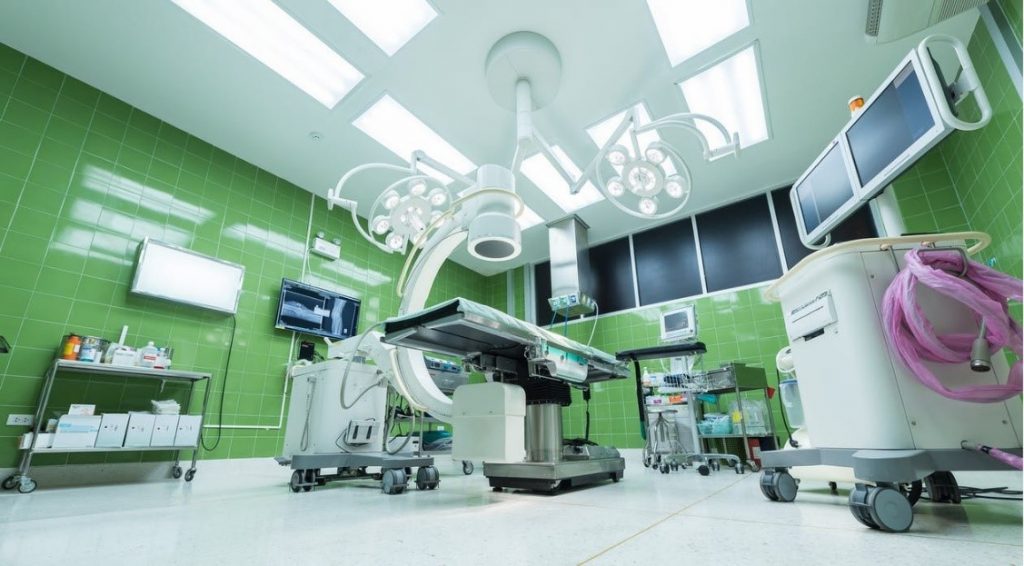Surgical technologists, also known as operating room assistants, are integral members of a medical team. Though many surgical procedures are routine and have been done thousands of times by many surgeons, emergency, life-saving procedures take place in the operating room too. With this in mind, it is important for all members in an operating room to be well trained to think quick on their feet, including the assistants.
The first step to becoming an operating room assistant includes acquiring an education on a variety of medical topics such as the essentials of healthcare, anatomy, physiology, pharmacology, medical terminology, and surgical tools. Operating room assistants need fluency in these terms to be effective in surgery.
According to the Bureau of Labor Statistics, the projected job outlook for surgical technologists through 2026 is 12 percent, which is faster than the average job growth of all occupations. In the NY/NJ metro area, where Eastwick College graduates often live and work, the annual mean wage is $56,540.
Eastwick College’s surgical technology associate degree program will span over 18 months if taking day classes or 27 months if taking evening classes. Students enrolled in the surgical technology program will learn in a complete surgical operating room setting to gain hands on experience.
Eastwick College’s Associate of Applied Sciences (AAS) degree is accredited by the Commission on Accreditation of Allied Health Education Programs (CAAHEP). It is important to note that only graduates from an accredited surgical technology program are eligible to sit for the Certified Surgical Technologist (CST) exam.
Learn more about Eastwick College’s Surgical Technology Associate Degree today!

